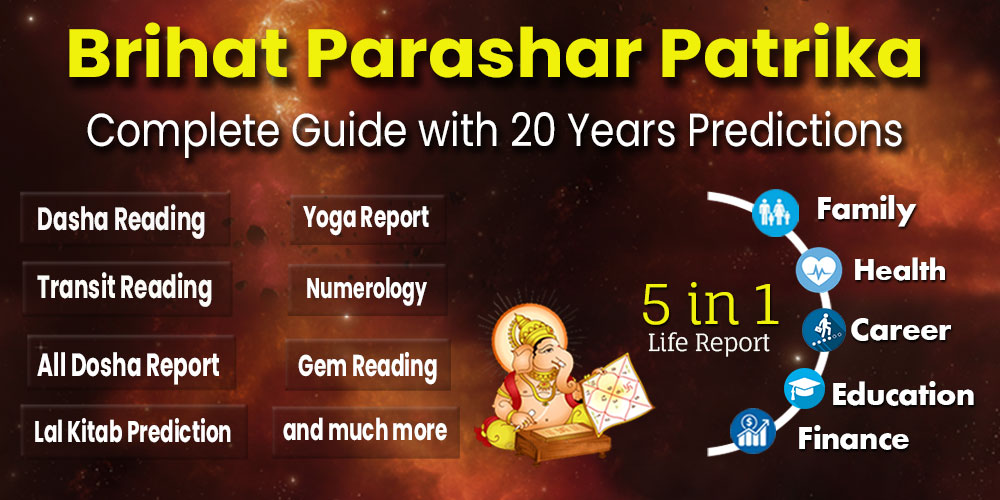Significance
Durga Ashtami is celebrated in every part of the country with full zeal and enthusiasm. On this day, people worship the eighth manifestation of Goddess Durga and offer Kheer, Halwa and other dishes as sacraments. There is a tradition of worshipping small girl child on this day as nine forms of goddess. Offering Halwa Puri, giving them Dakshina are considered to be auspicious on Durga Ashtami.
Maha Gauri is the eighth incarnation of Goddess Durga. On the special occasion of Durga Ashtami, Maha Gauri is worshipped. It is believed that goddess Durga manifested into this form for the welfare of all her devotees. People who worship her with faith and religiosity get relief from all sufferings of life. Maa is said to give effectual results.
History
Durgashtami, or Durga Ashtami, is the eighth day of the Navaratri and Durga Puja celebrations. Durgastami is also known as Mahashtami and is one of the important days of Durga Puja and a fasting is undertaken by many people. Weapons of Goddess Durga are worshipped on the day and it is known Astra Puja. The day is also known as Virashtami as there are displays using arms or martial arts. It is one of the most important day for Goddess Worship in Hindu religion.
The eight consorts of Durga, also known as Eight Shaktis, are interpreted differently in different regions of India. But ultimately all the eight goddesses are incarnations of Shakti with different aims. Sometimes they are also an attempt to give form to a particular aspect of Shakti.
The Ashtanayikas that are worshipped during Durga Puja are Brahmani, Maheswari, Kameswari, Vaishnavi, Varahi, Narasinghi, Indrani and Chamunda.
Numerous minor deities including many attendants and guards of Durga are worshipped on the day.
A fast is observed by staunch Durga devotees on Durga Ashtami. Both men and women observe the fast. Shakti temples conduct special pujas on the day and are visited by millions of devotees.
Durgashtami day ends with Sandhi puja, which overlaps into the next day which is the Mahanavami day.
Determination of Date
It is celebrated on Chaitra Shukla Ashtami connected with Navami covering atleast three muhurtas. If Ashtami falling on two days covers or does not cover three muhurtas then it is celebrated on first day only.
How to Celebrate
First of all a ghat is established, on which the idol of goddess Durga is placed along with other gods and goddesses. While worshipping the goddess, devotees should take flowers in both the hands and offered to the idol, along with coconut with its face downwards.
Now Aradhya is given to the goddess. For Ardhya, the powder of red sandalwood is mixed in water together with flour and rice and applied on the hands of Goddess.
After Ardhya, Achman is made and offered to the goddess. For Achman, cold water mixed with camphor in a new pitcher. Then, the idol of the goddess is bathed with Ganga jal, and Achman is offered again. After bathing the Goddess with holy water, she is bathed with panchamrit made with curd, milk, honey, cow’s ghee and sugar. All these items are mixed in a utensil of silver.
Now, lamp is lighted for Goddess. Navedy offered to Goddess is made with sugar, curd and ghee mixed with Kheer. After Navedy, Mata is given Achman of pure water and camphor. Seasonal fruits are given to Goddess. She is gifted cardamon, cloves, betel nut and betel leaves. Coins are used while offering donation, and if coins are not available then Akshat is being used.
Perform Aarti of Goddess with a lighted lamp for 7 times. Aarti is performed with water in a utensil of copper. And, chant the Navaran mantra for 108 times.
After the puja is completed, the devotees should welcome nine small girls in their home. First of all their feet are washed and the entrance of the house, and then they are welcomed inside the home. Then apply tilak on their forehead and tir moli on their left wrist. After that halwa puri are served to them, along with dakshina. This is how the Durga Astami fast is concluded.
